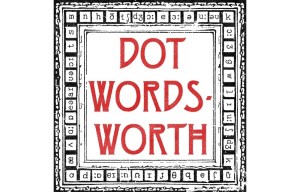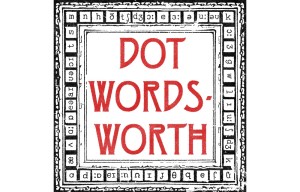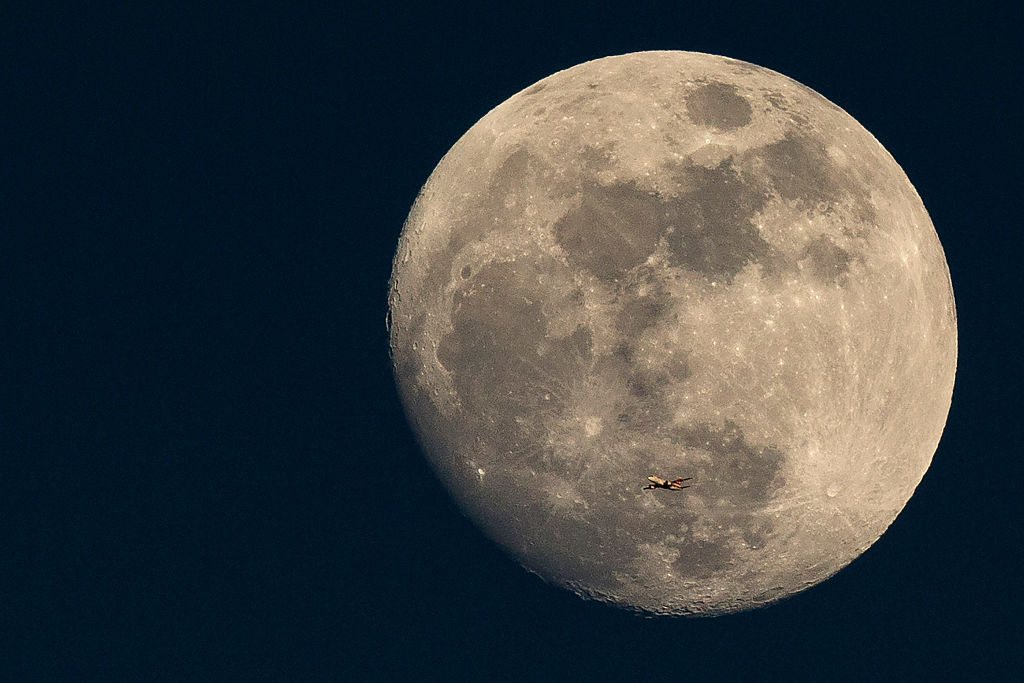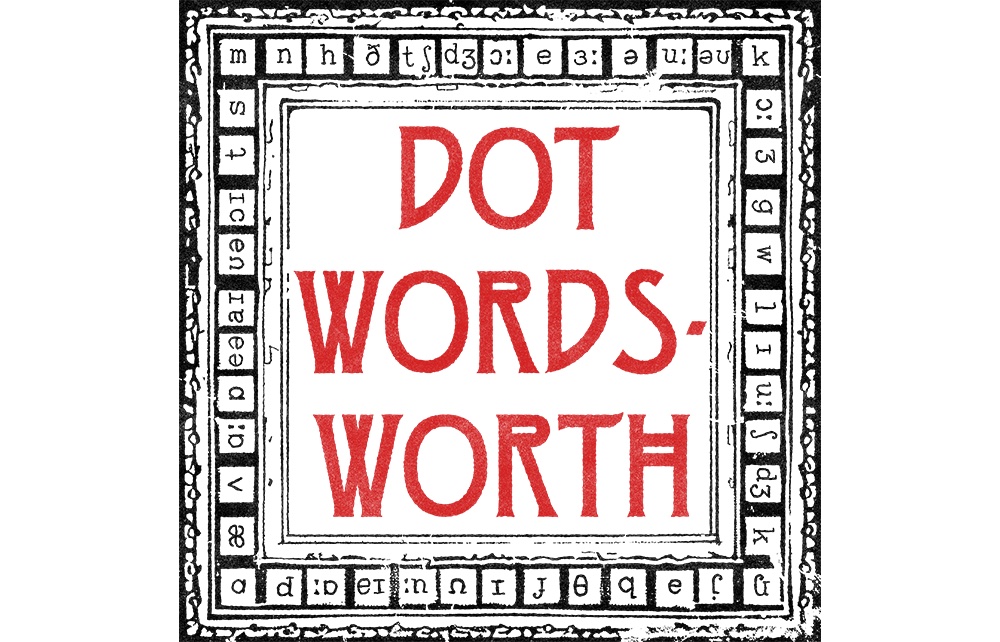‘Wizard,’ said William. ‘Super,’ said Ginger, in William and the Moon Rocket (1954). More recently we have had Alex Salmond, the leader of the new Alba party (a grand coalition embracing albinos, Albanians, albatrosses and Albigensians) declaring that it can achieve in Scotland ‘a supermajority for independence’.
Is a supermajority even a thing? (This form of question, with thing, has been asked by the Americans since about the year 2000, according to the OED.) The Guardian has found evidence that the term supermajority is puzzling voters. How big is it? Does it have a legal effect?
Again, it is America that came up with supermajority. In Congress, a two-thirds majority is needed to override a presidential veto. In Britain, the granting of a referendum is a power reserved to the parliament of the UK, and neither there nor in the Scottish parliament does a supermajority (in excess of a simple majority) have any constitutional effect.
Super itself is a fecund but slippery prefix. As a label of approval, it dates only from the 1950s, though in The Pickwick Papers, first published in serial form in June 1837, Sam Weller declares to a prisoner in the Fleet: ‘I’ll be upon the wery best extra-super behavior!’ The origin of super in this sense is as an abbreviation of superfine, a category of goods such as textiles since the time of Shakespeare.
Superman, however, did not get his name from high-grade worsted. The OED gives a learned note on the comic-book hero. His creators, Siegel and Shuster, it remarks, ‘in a fanzine released in 1933, used the same name for a telepathic villain’. You can tell this note was added recently (2018) because it speaks of a magazine being ‘released’. We oldies would say ‘published’.
In the background was the Übermensch of Nietzsche, popularized as Superman by Bernard Shaw in plays such as Man and Superman (1905) and Major Barbara (1907). It was he who gave a break to the homeless poet W.H. Davies, and helped him (in 1908) to publish Autobiography of a Super-Tramp.
Today, super remains as productive as ever, bringing us a Super League — or not.
This article was originally published in The Spectator’s UK magazine. Subscribe to the World edition here.

























